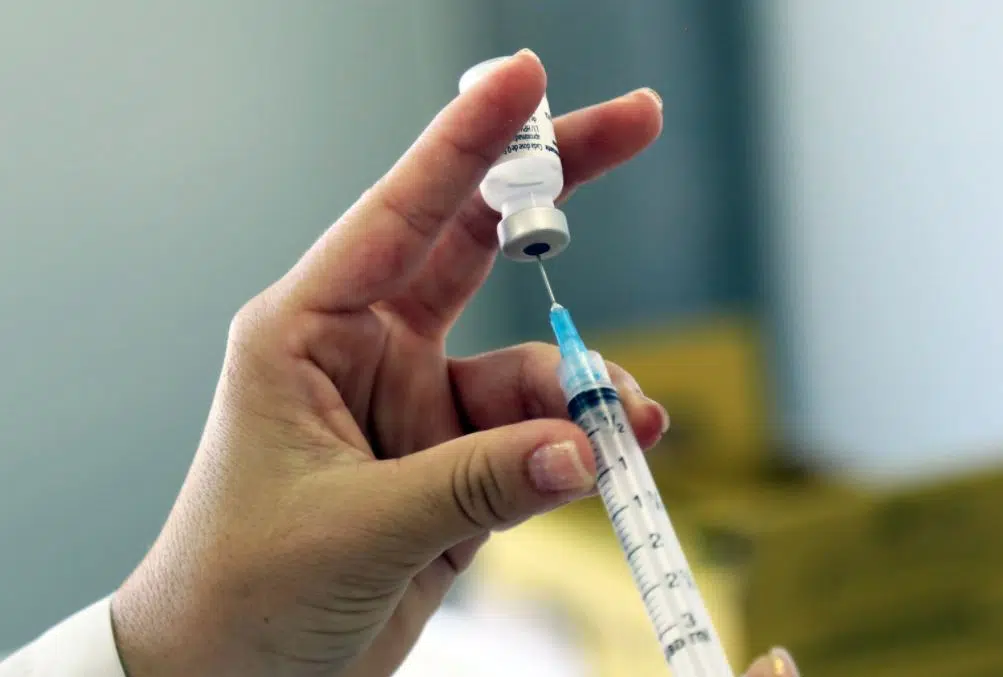
As governments around the world ink exclusive contracts with various drug manufacturers for a COVID-19 vaccine – it is leading to a sort of arms race that one B.C. expert calls ‘vaccine nationalism’.
Katrina Plamondon is an assistant professor in the UBC Okanagan School of Nursing. She says contracts like the ones Canada, the United States and Great Britain have been signing with drug makers – amp up pressure on other countries to do the same – and predictably – poorer countries get left out.
“When we engage in vaccine nationalism it undermines our capacity to pool resources and leadership,” she said. “It slows down the development of vaccines and it slows down the distribution of it.”
And she says – that can have a ‘boomerang effect’ where developed nations end up struggling with reinfection as cases end up being imported from countries that were left out.
“This virus has shown us its inherently global. It doesn’t really care that we’ve drawn borders on a map and say that this is one place and that’s another,” Plamondon added. “If people move, the virus moves. And so our collective humanity, our whole health is really interdependent. We can’t separate it.”
Friday, Prime Minister Justin Trudeau announced that Canada has signed onto a major international effort to share potential COVID-19 vaccines, the COVID-19 Vaccine Global Access Facility – known as COVAX.
Trudeau says Canada’s commitment is split equally with $220-million going towards securing 15-million more doses of vaccines for Canadians, and another $220-million to help low and middle-income countries buy doses of the vaccines.
All told, there are now 64 higher-income countries committed to the COVAX facility, with another 38 expected to sign on in the coming days. The idea behind COVAX is to allow member countries to pool both money and risk by investing in a range of potential vaccines.
Then, if any prove successful, the group can quickly get its hands on doses.
The Federal Government has also committed more than $1-billion towards buying COVID-19 vaccines for the country. On Friday, Trudeau also announced a deal with AstraZeneca for up to 20-million doses of its vaccine candidate, which is in the third and final phase of clinical trials.
That comes after deals were reached earlier with Sanofi, GlaxoSmithKline, Johnson & Johnson, Novavax, Pfizer and Moderna – for a total of 282 million doses.
Health Canada says it will review the evidence on safety, efficacy and manufacturing quality for each vaccine to determine if it will be approved for use in Canada.
– With files from The Canadian Press
(Photo via Pan American Health Organization)















